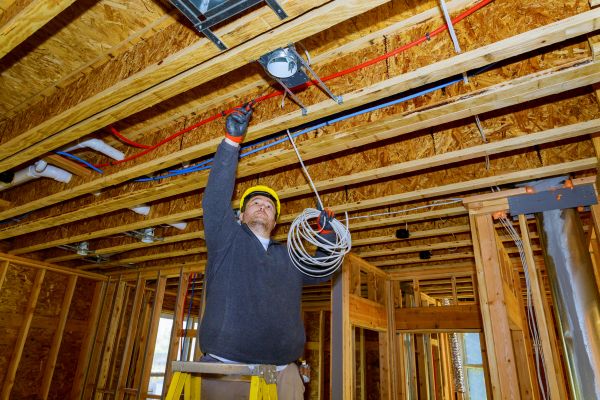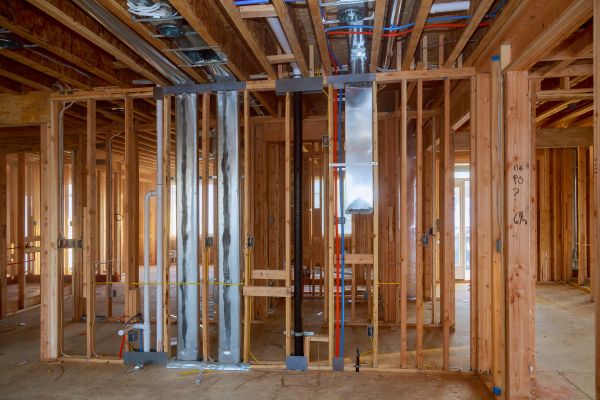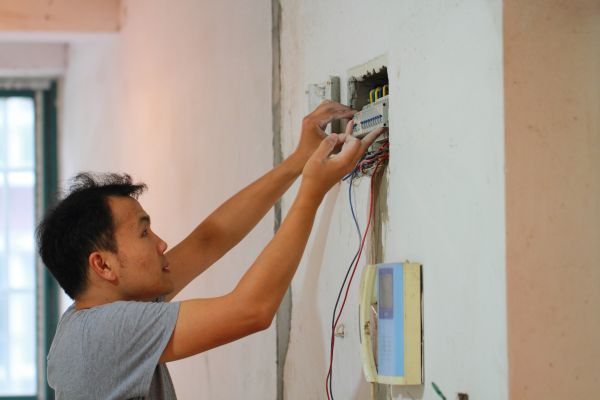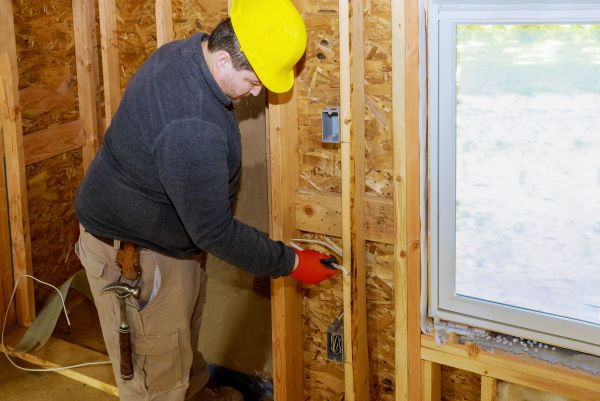Construction Electrical Wiring
Connect with experienced local pros.
Construction electrical wiring is a critical component of any building project, ensuring that structures are not only functional but also safe and efficient. It involves the installation of electrical systems that power everything from lighting and heating to complex machinery and technology. Proper construction electrical wiring is essential for the seamless operation of a building, reducing the risk of electrical failures and hazards, and ensuring compliance with safety regulations. This aspect of construction requires skilled professionals who understand the intricacies of electrical systems and can implement them effectively to meet the needs of the building and its occupants.
Benefits of Construction Electrical Wiring
-
Safety and Compliance
Professional construction electrical wiring ensures that all electrical systems are installed in accordance with local and national safety standards. This reduces the risk of electrical fires, shocks, and other hazards, providing peace of mind for building owners and occupants. -
Efficiency and Performance
Properly installed electrical wiring enhances the overall efficiency and performance of a building's electrical systems. This means that lighting, heating, and other electrical components operate optimally, which can lead to reduced energy consumption and lower utility bills. -
Reliability and Longevity
High-quality construction electrical wiring contributes to the reliability and longevity of the building's electrical systems. By using the right materials and techniques, potential issues are minimized, resulting in fewer repairs and maintenance needs over time. -
Future-Proofing
With the rapid advancement of technology, future-proofing a building's electrical system is crucial. Professional wiring installations allow for easy upgrades and expansions, ensuring the building can accommodate new technologies and increased electrical demands.
FAQs About Construction Electrical Wiring
What is the difference between residential and commercial electrical wiring?
Residential wiring typically deals with smaller-scale electrical systems designed for homes, while commercial wiring involves more complex systems that can handle the higher power demands of businesses and industrial facilities.
How long does the construction electrical wiring process take?
The duration depends on the size and complexity of the project. Smaller projects may take a few weeks, whereas larger commercial or industrial projects could take several months.
Why is it important to hire a professional for electrical wiring?
Hiring a professional ensures that the wiring is installed safely and correctly, reducing the risk of electrical hazards and ensuring compliance with all relevant codes and regulations.
What should I consider when planning electrical wiring for a new construction?
Consider the building's current and future electrical needs, the layout and design of the space, and any specific requirements for technology or equipment that will be used.
Fill out the contact form to request Construction Electrical Wiring today and experience the benefits of professional installation, including enhanced safety, efficiency, and reliability.





